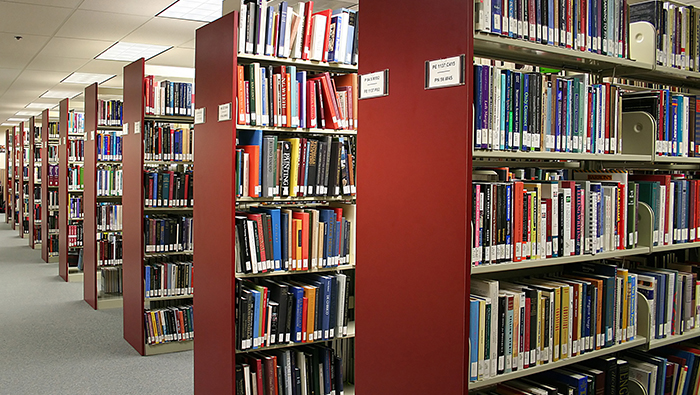
In a college’s library, there were at least two thousand books packed together in more than a hundred shelves but none of the students were reading any of them.
They go to the library to memorise their class notes so they could pass the exams. Some, use the library to socialise and plan a day out. In defiance of their attitude, I browsed a few titles and picked one that fitted my mood. I settled myself on the sofa and started reading the opening chapter. I lost myself in the next forty minutes mesmirised by the flow of words, the clever phrases, the stirring of emotions and the touching gestures of its characters.
When I put down the book, it was as if I abandoned people I had known for years. Before I left the library, I looked at the students again. The one who was nearest me looked up at me and asked,” Sir, is everything alright?”
I think she caught the mood on my face. I mumbled something to assure her that everything was okay and left quietly. I cast my thoughts years ago when I was only 12. To say books were a second nature to me would be an exaggeration. I breathed on the sentences I read, I smelled the dampness of the old covers and heard every rustle of the pages I turned. When I was tired of reading, I would rest the book on my stomach, closed my eyes only to pick it up again minutes later. A book to me was a time transporter, a vehicle to unreachable places, a float above the clouds and I could also touch the rainbow on the sky.
I do not understand why youngsters of today find no use of literature. No wonder they cannot express themselves on a simple thing. It is not about reading words and learning to write a decent sentence but a book goes beyond a delightful read. It is about learning other people’s cultures, the innermost emotions and how to cope with similar situations in real life. Nothing is really fiction when it has been printed in a book. Every word written in a novel reflects real people from the world of imaginary characters.
It is not just fiction I buried my nose in. I used to read biography of famous people, too. Through reading, I walked the same difficult paths with them , enjoy the same views from the tallest peaks of the world, crossed the pacific and felt their pain or joy in their emotional rollercoasters. By the time I reached my late teens, reading had prepared me mentally what to expect in the adulthood years that were waiting for me.
The teenagers of today miss all that. They enter their adulthood unprepared. They do not know how to turn disappointments into triumph or tame their feelings in a difficult moment.
Above all, they cannot relate to each other and end up breaking up friendships because they would not know how to tolerate each other. I would not be exaggerating either when I say young people today do not know how to fix their marriages when it is heading for the rocks.
In workplaces, they end up doing badly and miss promotion opportunities because they lack the communication skills. It may only mean that reading, sometimes, may well be a matter of failure and success in life. But having said that, maybe it is not entirely their fault. Parents who do not read raise children who would not read. Teachers also should take some of the blame, too. No point of having libraries if they do not instill enough values in their students to read. In conclusion, reading is simple a torch that shines to the hidden intellectuals of growing up children. It is a pity they don’t know about it.